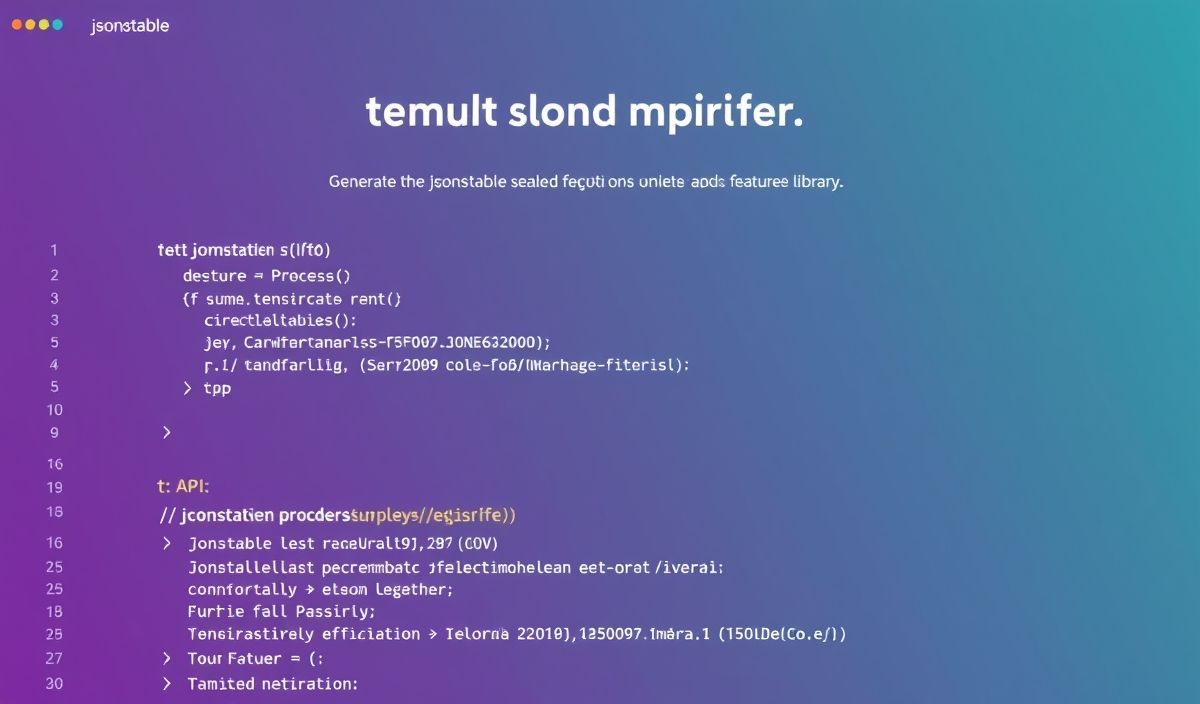Introduction to Promise Memoize
Promise Memoize is a powerful utility library for optimizing JavaScript applications by caching the results of promise-based functions. This can notably enhance the performance of your app by avoiding redundant asynchronous operations.
Key Features and API Examples
1. Basic Usage
To use promise-memoize, you first need to install it:
npm install promise-memoize
Here’s a simple example of memoizing a promise-based function:
const memoize = require('promise-memoize');
const fetchData = async (id) => {
const response = await fetch(`https://api.example.com/data/${id}`);
return response.json();
};
const memoizedFetchData = memoize(fetchData);
// Usage
memoizedFetchData(1).then(data => console.log(data));
2. Custom Cache Key
You can customize the cache key by providing a resolve function:
const memoizedFetchData = memoize(fetchData, {
resolve: (id) => `data-${id}`
});
3. Expiration
Set a cache expiration time to ensure the data is refreshed periodically:
const memoizedFetchData = memoize(fetchData, {
maxAge: 60000 // Cache expires in 60 seconds
});
4. Cache Management
Explicitly clear the cache when needed:
// Clear all cache
memoizedFetchData.clear();
// Clear a specific cache entry
memoizedFetchData.clear('data-1');
5. Error Handling
Handle errors gracefully within cached functions:
const fetchDataWithError = async (id) => {
if (id < 0) throw new Error('Invalid ID');
const response = await fetch(`https://api.example.com/data/${id}`);
return response.json();
};
const memoizedFetchDataWithError = memoize(fetchDataWithError);
memoizedFetchDataWithError(-1).catch(err => console.error(err.message));
Application Example
In this example, we will create a simple application that makes API calls to fetch user data. We will utilize promise-memoize to optimize these calls.
const memoize = require('promise-memoize');
const fetchUserData = async (userId) => {
const response = await fetch(`https://api.example.com/user/${userId}`);
return response.json();
};
const memoizedFetchUserData = memoize(fetchUserData, { maxAge: 300000 }); // Cache for 5 minutes
// Express setup
const express = require('express');
const app = express();
app.get('/user/:id', async (req, res) => {
try {
const data = await memoizedFetchUserData(req.params.id);
res.json(data);
} catch (err) {
res.status(500).send(err.message);
}
});
app.listen(3000, () => {
console.log('Server is running on port 3000');
});
Using promise-memoize in the above Node.js application ensures that repeated calls to fetch the same user data within 5 minutes will be served from the cache, thereby reducing the number of API requests and enhancing application performance.
Hash: 909abb48fc1351e03b0f37fa5b34094aa95181a985fbff2e14331d65b14b03eb




